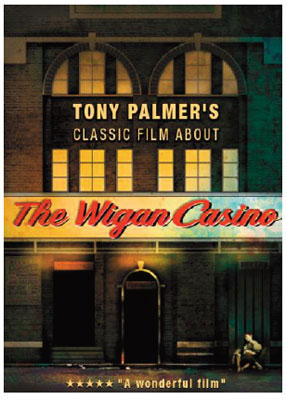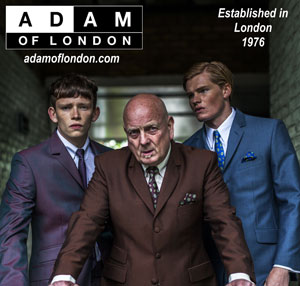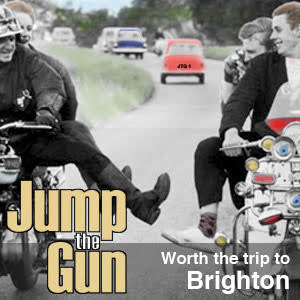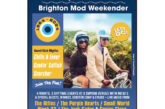
The Wigan Casino meant nothing to me at the time. I was too young, Lego and Subbuteo were my kicks, but I was still aware of it, with two older sisters who used to make the short journey from Bolton to Wigan every weekend.
Years later and it’s all very different. They’ve long lost interest, but me? Well, if I had a time machine, it would be one of the first places I’d pencil in for a visit. Sadly, that time machine doesn’t exist, but the next best thing does – Tony Palmer’s The Wigan Casino.
Made as part of a documentary series called This England, it shows that 1977 wasn’t just about the Sex Pistols and the Silver Jubilee. In the industrial north, the kids were dancing to a very different beat. One that had more in common with the soul clubs of the mid-60s.
So what exactly was the Wigan Casino? As one helpful punter points out: ‘It’s not a casino, it used to be a theatre, now it’s a discotheque.’ Indeed, it was, at its height (when this documentary captured it) it was voted the ‘best disco in the world’ by Billboard magazine, with the vast majority of punters heading in from all corners of the UK (and indeed, globe) to dance to rare soul tunes until the sun came up. But as Palmer shows, this was no glitzy Studio 54.
The Wigan Casino (like Wigan itself) was a gritty place, bouncers in dinner jackets, the old woman taking the cash, the manager excitedly counting it. It could have been the local social club with two turns and a pie and peas supper. Until you got in.
That’s when you’re greeted with that huge dancefloor, the pounding beat of those (now) classic soul tunes and the massed ranks of young, flare-clad dancers, throwing out their latest flips and spins in a mix of real-time and slow-mo for the cameras before thumbing through record boxes for this week’s must-have tunes. You’ve probably seen clips of it before – after all, this has become the ‘stock’ footage of every northern soul documentary made since.
But Palmer captured if first, warts ‘n’ all and without the rose-tinted spectacles that have blighted all northern docs since. After all, what could be better than being there, recording it simply as it happened?
But Palmer did more than that. Rather than go for the sensationalist route, he took time out to talk to the people who made the ‘scene’. giving them free reign to talk about their love of the music, the dancing, the ‘alternative society’ they created and what it felt like to be a northern soulie in ’77, living and working for the weekend. Especially when your old schoolmates were down the local Palais with a skinful of ale. There was no drinking in the Casino – that’s how it got round the licensing laws.
If you want to know just how grim life was in Wigan in 1977, the director also weaves in some factory shots and some footage of life outside the club’s walls (including some from the Heinz factory in the town) and more confusingly, anecdotes and stills from a previous era. What’s he trying to say? That life isn’t as bad as these kids claim? It’s worse? Or that life has always been about the daily grind, past and present? It’s not really clear, but it is interesting finding out.
What is clear is that Tony Palmer captured a scene like no one before or since and an industrial world that was much-changed from its past and likewise, is a million miles away from the Wigan of today.
Whether as a social document or a cultural snapshot, The Wigan Casino still stands up and if you’ve an interest in the rare soul scene, it really is a must-buy. Just a shame it only lasts 26 minutes.
Find out more about the DVD at the Amazon website








